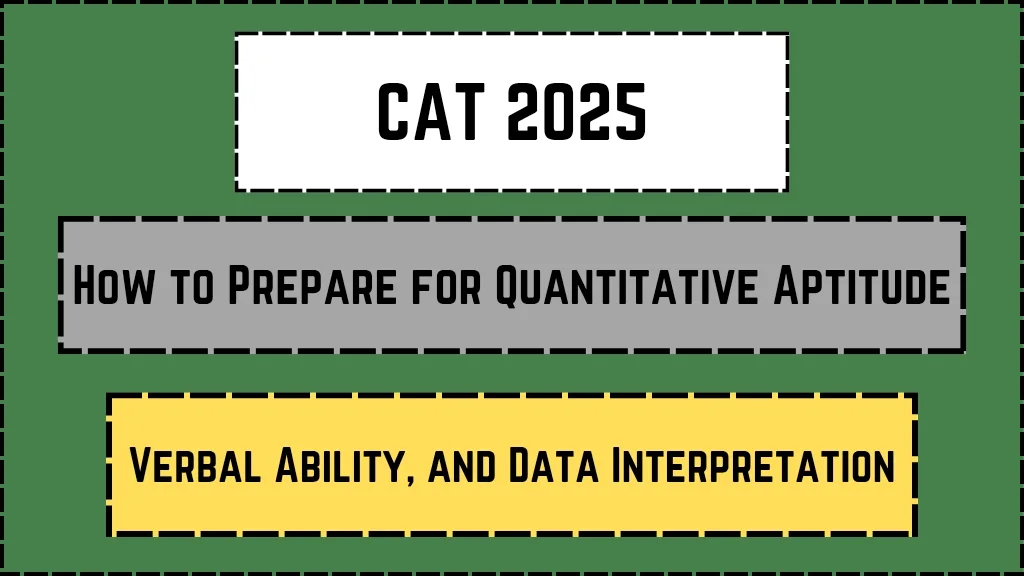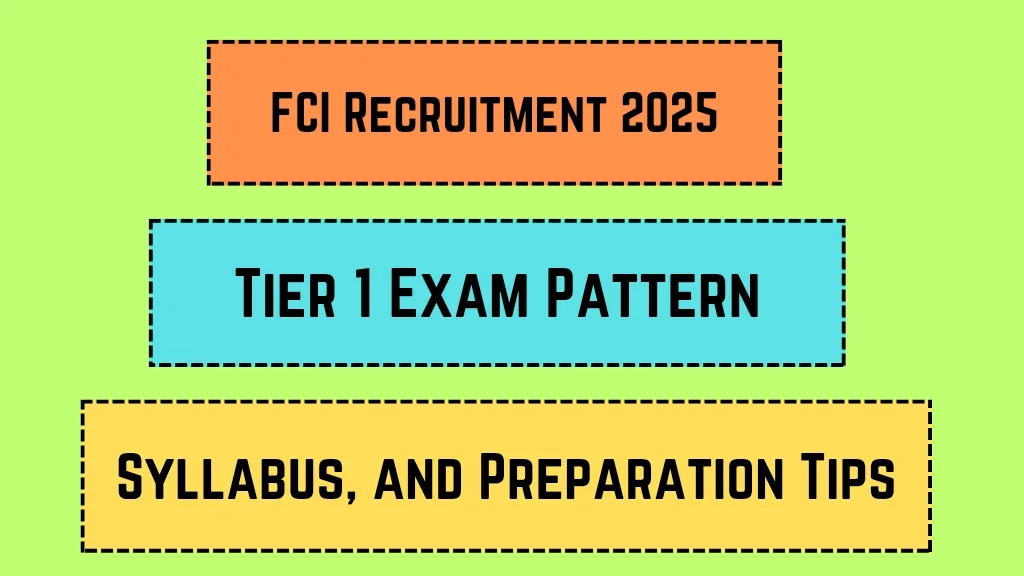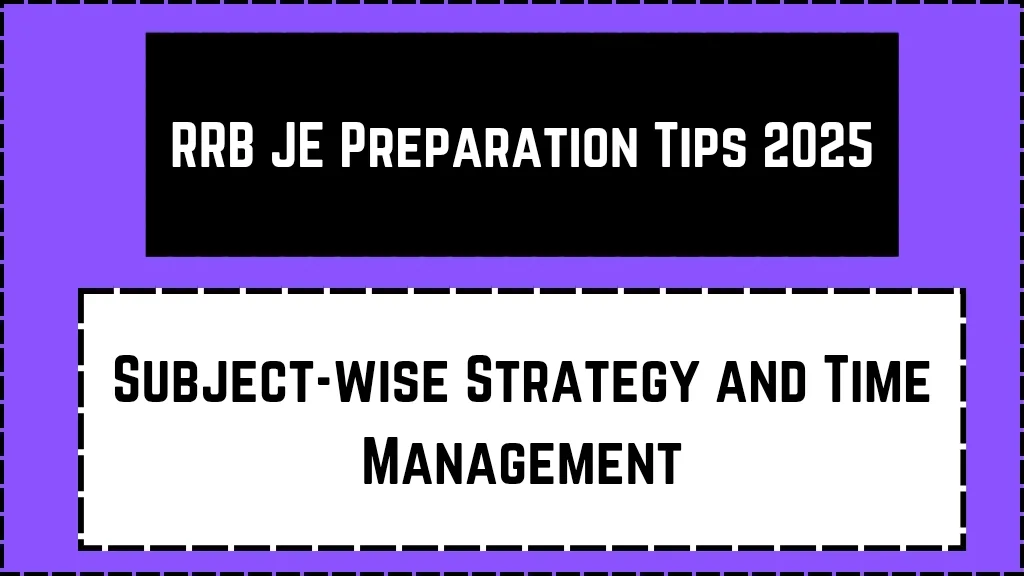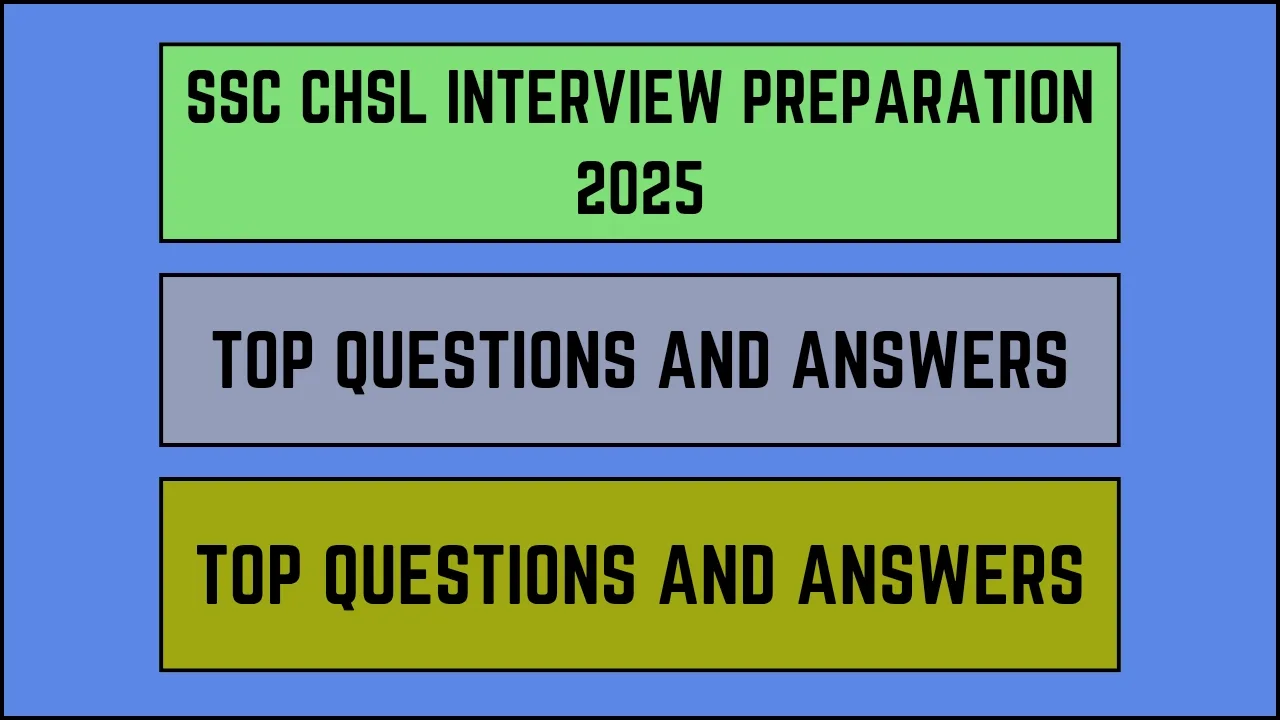The Common Admission Test (CAT) is one of the most competitive exams in India for admission into top management institutes like the IIMs. With CAT 2025 around the corner, aspirants are gearing up to ace the three core sections: Quantitative Aptitude (QA), Verbal Ability (VA), and Data Interpretation (DI). This article provides a comprehensive guide to help you prepare effectively, covering strategies, resources, and tips to boost your scores. Whether you’re a first-time test-taker or a repeater, this guide will simplify your preparation journey.
Key Highlights 📌
| Key Point | Details |
|---|---|
| Organization Name | ABC (Association of Business Careers) |
| Exam Name | Common Admission Test (CAT) |
| Exam Date | November 2025 (Tentative) |
| Sections | Quantitative Aptitude, Verbal Ability, Data Interpretation, Logical Reasoning |
| Exam Duration | 2 hours (120 minutes) |
| Total Questions | 66 (Approx.) |
| Marking Scheme | +3 for correct, -1 for incorrect |
| Top Institutes | IIMs, FMS, SPJIMR, MDI, and more |
| Official Website | iimcat.ac.in |
Understanding the CAT Exam Structure 📊
Sections and Weightage
CAT 2025 will consist of three main sections:
- Quantitative Aptitude (QA): Focuses on mathematical skills, including arithmetic, algebra, and geometry.
- Verbal Ability (VA): Tests reading comprehension, grammar, and vocabulary.
- Data Interpretation (DI): Evaluates your ability to analyze and interpret data from charts, graphs, and tables.
Each section carries equal weight, so balancing your preparation is crucial.
Exam Pattern
The exam is divided into two sessions, each lasting 60 minutes. You’ll face a mix of multiple-choice questions (MCQs) and non-MCQs. The adaptive nature of the test means the difficulty level changes based on your performance.
How to Prepare for Quantitative Aptitude 🧮
Focus Areas
The QA section tests your mathematical prowess. Key topics include:
- Arithmetic (Percentages, Ratios, Profit & Loss)
- Algebra (Equations, Inequalities)
- Geometry (Triangles, Circles, Mensuration)
- Number Systems
Preparation Tips
- Master the Basics: Strengthen your fundamentals by revisiting school-level math concepts.
- Practice Regularly: Solve at least 20-30 problems daily to build speed and accuracy.
- Use Shortcuts: Learn time-saving tricks for calculations, such as multiplication tables up to 20 and percentage shortcuts.
Recommended Resources
- Books: Quantitative Aptitude for CAT by Arun Sharma
- Online Platforms: BYJU’S, Unacademy, and Khan Academy
How to Prepare for Verbal Ability 📚
Focus Areas
The VA section evaluates your language skills. Key topics include:
- Reading Comprehension (RC)
- Para Jumbles
- Sentence Correction
- Vocabulary (Synonyms, Antonyms)
Preparation Tips
- Read Daily: Develop a habit of reading newspapers, novels, and articles to improve comprehension.
- Practice Grammar: Focus on error detection, sentence formation, and grammar rules.
- Build Vocabulary: Use flashcards or apps like Magoosh to learn new words daily.
Recommended Resources
- Books: Word Power Made Easy by Norman Lewis
- Online Platforms: Vocabulary.com, Grammarly
How to Prepare for Data Interpretation 📈
Focus Areas
The DI section tests your analytical skills. Key topics include:
- Bar Graphs
- Pie Charts
- Tables
- Caselets
Preparation Tips
- Practice Visualization: Learn to interpret data quickly by practicing with real-world datasets.
- Focus on Accuracy: Avoid guesswork, as incorrect answers lead to negative marking.
- Time Management: Allocate specific time slots for each question to avoid getting stuck.
Recommended Resources
- Books: Data Interpretation for CAT by Nishit Sinha
- Online Platforms: Oliveboard, Testbook
Time Management Strategies ⏰
Create a Study Plan
Divide your preparation into phases:
- Foundation Phase: Focus on understanding concepts.
- Practice Phase: Solve mock tests and previous year papers.
- Revision Phase: Revise key topics and formulas.
Mock Tests
Take at least 10-15 mock tests before the exam to simulate real exam conditions. Analyze your performance to identify weak areas.
Common Mistakes to Avoid ❌
- Ignoring Weak Areas: Focus on improving your weak spots instead of just practicing what you’re good at.
- Overloading with Resources: Stick to 2-3 trusted books and online platforms to avoid confusion.
- Neglecting Health: Maintain a balanced diet and sleep schedule to stay focused.
Neha Patel is a career guidance writer specializing in exam results and admit cards. With a Master’s in Human Resources and 8+ years of experience, Neha loves helping students navigate their academic journeys. She enjoys practicing yoga.







